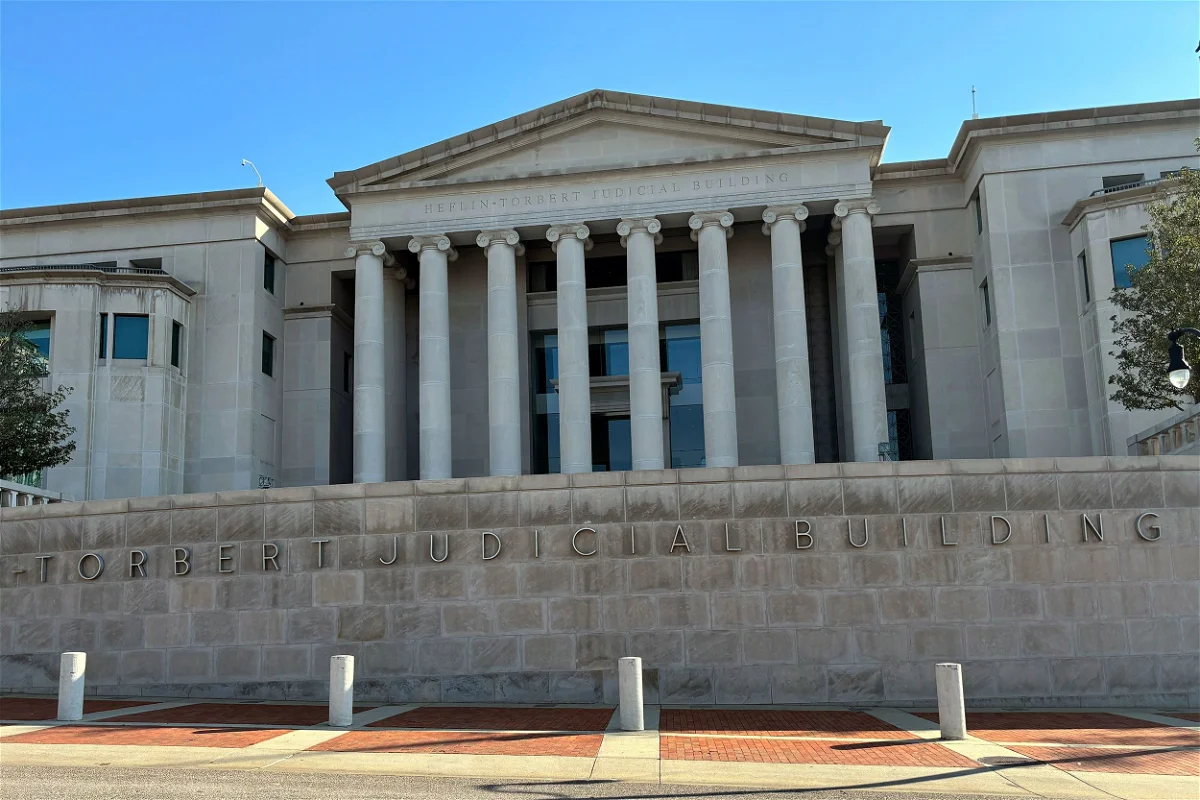Republican Representative Terri Collins sponsored House Bill 237, unanimously approved by the House Health Committee, while Republican Senator Tim Melson introduced a corresponding bill, Senate Bill 159, advancing through the Senate Healthcare Committee.
Both bills offer legal protection to IVF service providers retroactively, aiming to quell the uncertainty sparked by the court’s ruling.

A woman, advocating for the passage of HB 237, shared her personal journey illustrating the necessity of IVF for many families. Her testimony underscored the pivotal role IVF plays in enabling parenthood for individuals facing infertility challenges due to medical conditions like cancer.
Additionally, Senate Bill 160, proposed by Republican Senator Larry Stutts, also seeks to shield IVF providers from liability, albeit without retroactive application.
Amidst assurances from Alabama Governor Kay Ivey of swift legislative action, concerns persist over potential legal repercussions faced by IVF providers despite assurances from the state Attorney General.
Democratic representatives voiced concerns regarding the bills’ failure to address fundamental questions surrounding embryo status and personhood, highlighting the need for comprehensive legal clarity.

Bills introduced by Democratic House Minority Leader Anthony Daniels seek to redefine the legal status of embryos to mitigate ambiguity.
As legislative debates ensue, the urgency to resolve the legal uncertainty surrounding IVF treatments remains paramount. The national landscape, particularly in states with restrictive reproductive care policies, also influences the trajectory of IVF legislation, prompting vigilant observation from legal and healthcare experts.





